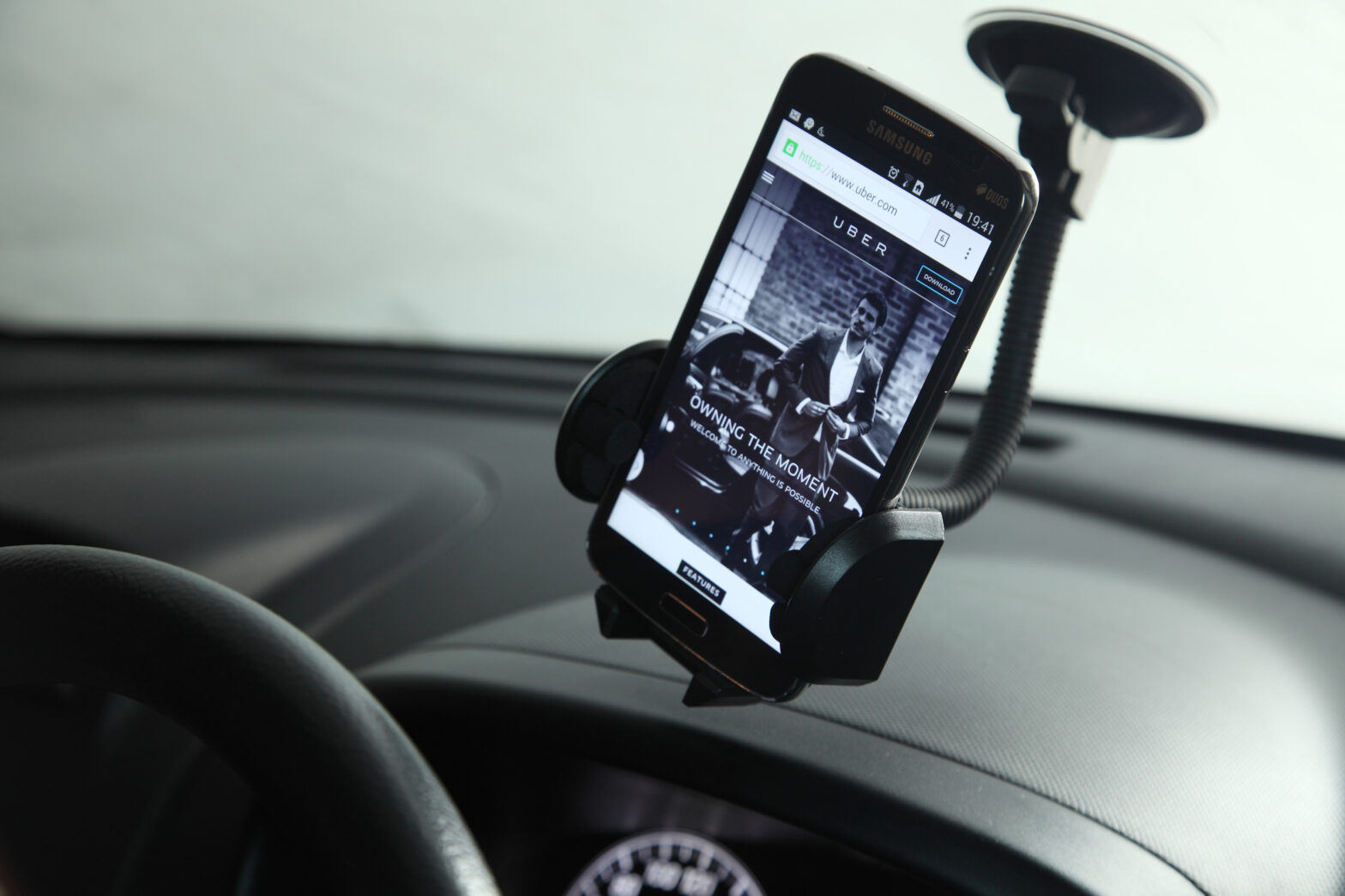The rapid rise of the sharing economy is sending swathes of the business community into a frenzy. Some hail it as the dawn of a return to a more personal, ‘human’ way of transacting business, whilst others panic its damaging the very fabric of business life and turning us into isolated digital dependents.
What started out as a simple way for people to share assets such as time or goods, has boomed into a billion dollar industry for everything from renting out flats to hiring dog walkers.
The impact that Airbnb and Uber has had on the hotel and taxi industry respectively perfectly encapsulates how entire sectors have been shaken to the core. The trend is set to continue. A recent report from PwC claims the UK sharing economy is worth £9 billion and could rise to £230 billion by 2025.
Fuelled by a glut of pessimistic coverage, traditional SMEs are concerned that the sharing economy is set to undermine their business models. But look past the hype and the sharing economy offers as many opportunities as it does threats.
Making SMEs more human
To a degree the sharing economy is a 21st century version of commerce that existed centuries ago, where residents dealt directly with others in their close-knit community for goods and service. Now a swipe of a smartphone allows people to find someone local and to review highly personal profiles complete with name, photos, bios and community feedback.
It brings back that one-to-one interaction that’s been lost in modern times to large, anonymous corporations with no immediately identifiable human face, fuelling a trend of local over global. SMEs can utilise this shift in culture by adapting their services to incorporate these personal, customer-facing aspects of peer-to-peer platforms.
The success of the sharing economy shows that people like to connect personally. SMEs should likewise strive to visibly present their ‘human’ face to the community.
One for all and all for one
We are seeing an increase in sharing schemes, often government supported, that help entrepreneurs set up cheaper or cut costs in their existing businesses. From platforms that help workers share office space to ones that allow them to find a temporary shop on the high street, technology is offering plenty to reduce overheads.
Similarly, it’s easier than ever for SMEs to source suitable freelancers to help in areas they don’t have expertise or resources in, such as writers and marketers. Whole eco-systems have emerged that can be utilised to bring in expertise at great value.
This bringing together of entrepreneurs from different sectors into more frequent contact can only be good for local business communities too, helping to create vibrant, organic networks that can stimulate ideas and give fuel to local economies. All SMEs should examine what services they can tap into in help cut costs and establish beneficial networks.
Sharing economy making government more sensitive to SME needs
SMEs have never been as central to an election campaign as they have in 2015. The main parties are aware the rising number of entrepreneurs is creating a new business class they have to court for support. The recently passed Small Business, Enterprise and Employment Act is a prime example of government wishing to show it is listening.
The problem is politicians, however well-intentioned, are often responding to ‘what’ has happened rather than ‘why’. Consumer behaviour is changing so rapidly it’s never been more difficult to legislate and plan for. Governments need to get a better understanding from the entrepreneurs out there on the ground so they can legislate more effectively.
All of this increases the lobbying power of SMEs and they should work together to exert their influence. Together they are stronger than any trade union in the country.
SMEs should aim to fulfil ‘on demand culture’
One alternative tag for the sharing economy is the ‘on-demand economy’, and with good reason. Many services’ primary attraction is speed of delivery.
SMEs should ask themselves if their services can be adapted to this model, or at the very least inspired by it. Younger customers in particular often take instant service for granted and may shun services that lack the ease of use or efficiency of sharing economy ones.
Entrepreneurs need to examine sharing economy methods and tools to see if they can improve any inefficiencies or spot areas for improvement. Learning new tricks is going to help, not hinder.
Sharing words of wisdom
Another positive of the sharing economy is that it is helping to energise a parallel ‘knowledge sharing’ economy. As people become open to a culture of collaboration, there are more and more resources out there to help people educate themselves and fill in skill gaps.
Resources that previously would have been exclusive to expensive, commercial services can now be found for free or minimal cost. Non-profits such as Code.org provide the raw materials and tools for people to learn digital skills that can help take a business to the next level.
Entrepreneurs must recognise that the sharing economy is heralding in a new era in business and adapt accordingly. They can either take inspiration from it and share in its success or cling on to old ideas and risk being left behind with little profit to share out themselves.
Jane Ollis is managing director of Rift Accounting.





